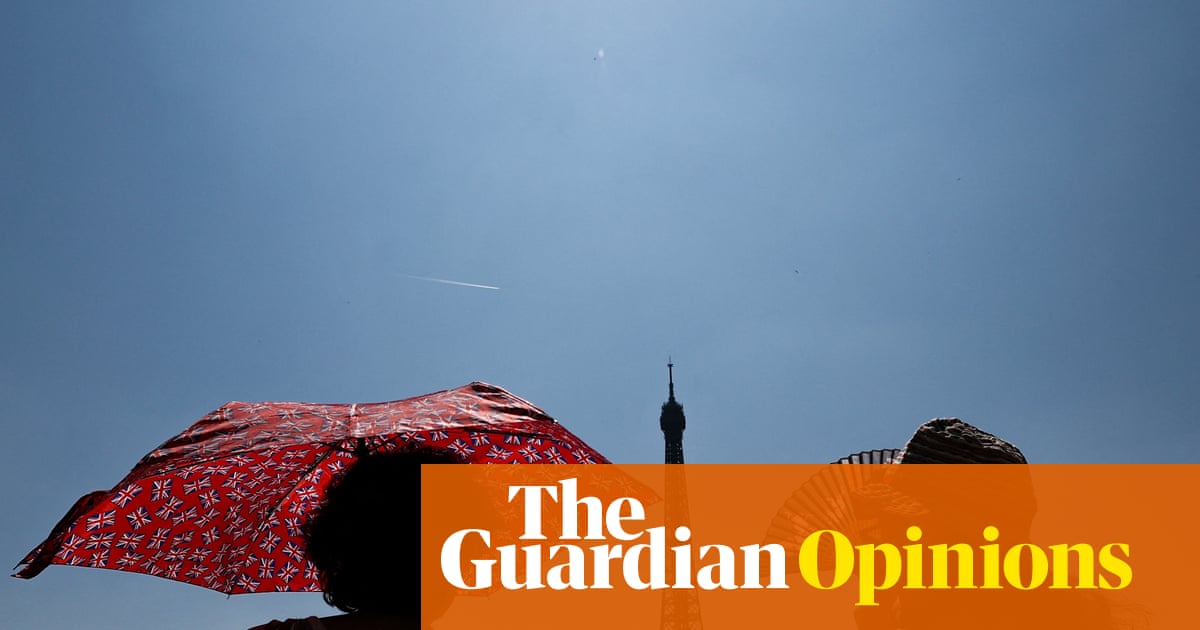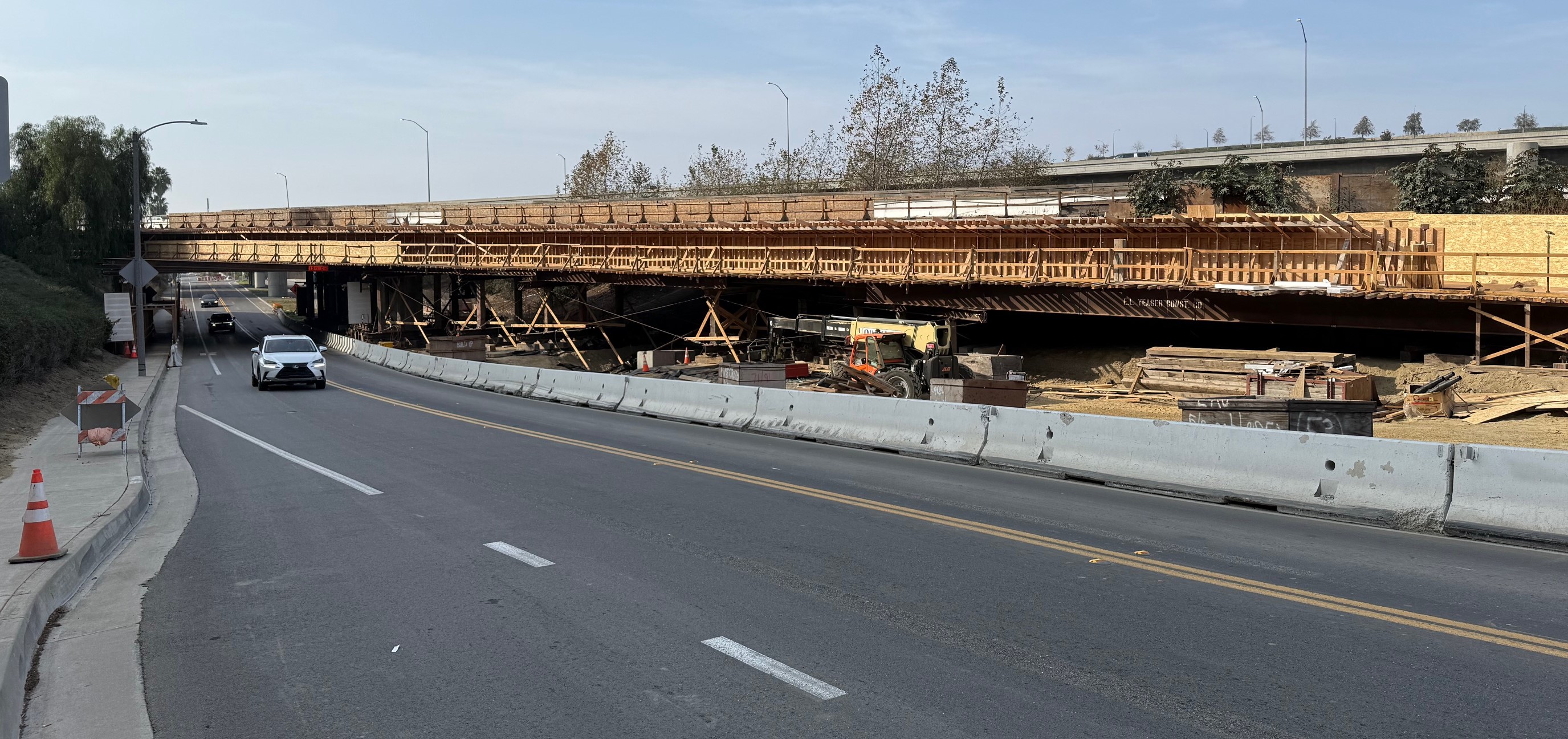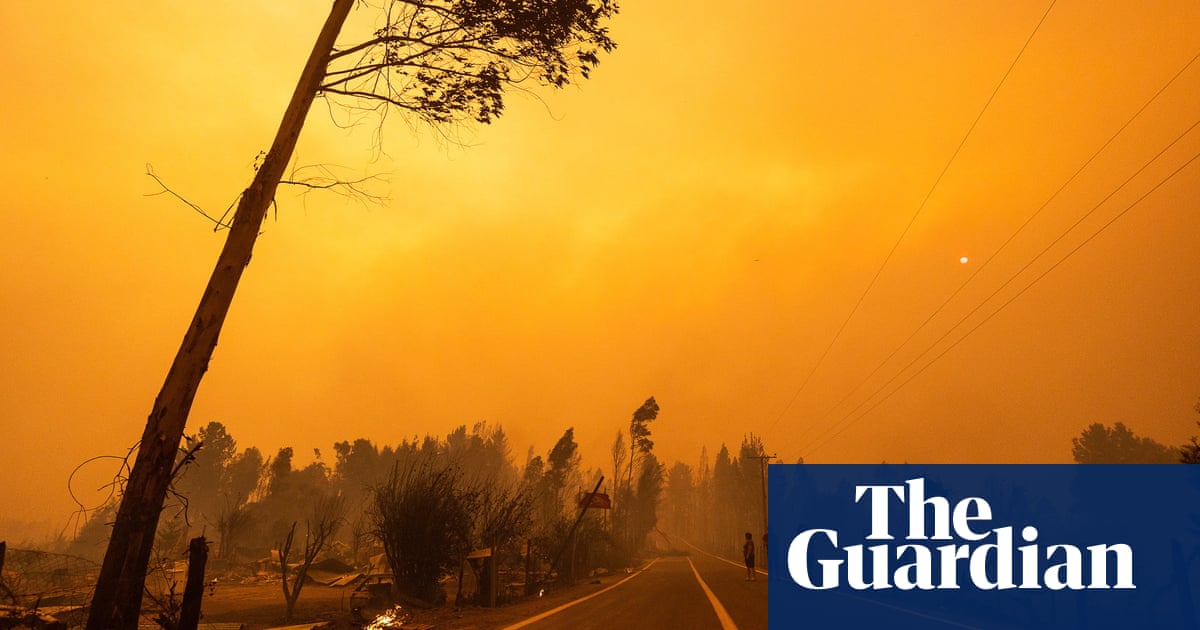DOE Climate Working Group Report found lacking by real experts
Not sure that a PDF on Google Drive is the best way to present this. Does no one do web sites anymore?
The DOE report informs EPA’s planned repeal of the “endangerment finding” — the legal underpinning of federal emissions regulations...DOE’s report “does not meet standards of quality, utility, objectivity and integrity appropriate for use in supporting policy making,”
In London and Paris, we’ve experienced vicious backlash to climate action. But we’re not backing down
"Cities such as London and Paris continue to show that fair, fast climate action can improve daily life: making streets safer, air cleaner and homes more affordable to heat. But if we are to protect these gains, we must tackle climate disinformation by ensuring everyone understands and feels the benefits"
- Sadiq Khan and Anne Hidalgo
Death Eater Republicans cripple nation's ability to respond to major storms
Signing a death warrant for who knows how many Floridans when hurricanes make landfall without any warning.
"The job cuts "jeopardize our ability to forecast and respond to extreme weather events like hurricanes, wildfires, and floods—putting communities in harm's way. They also threaten our maritime commerce and endanger 1.7 million jobs"
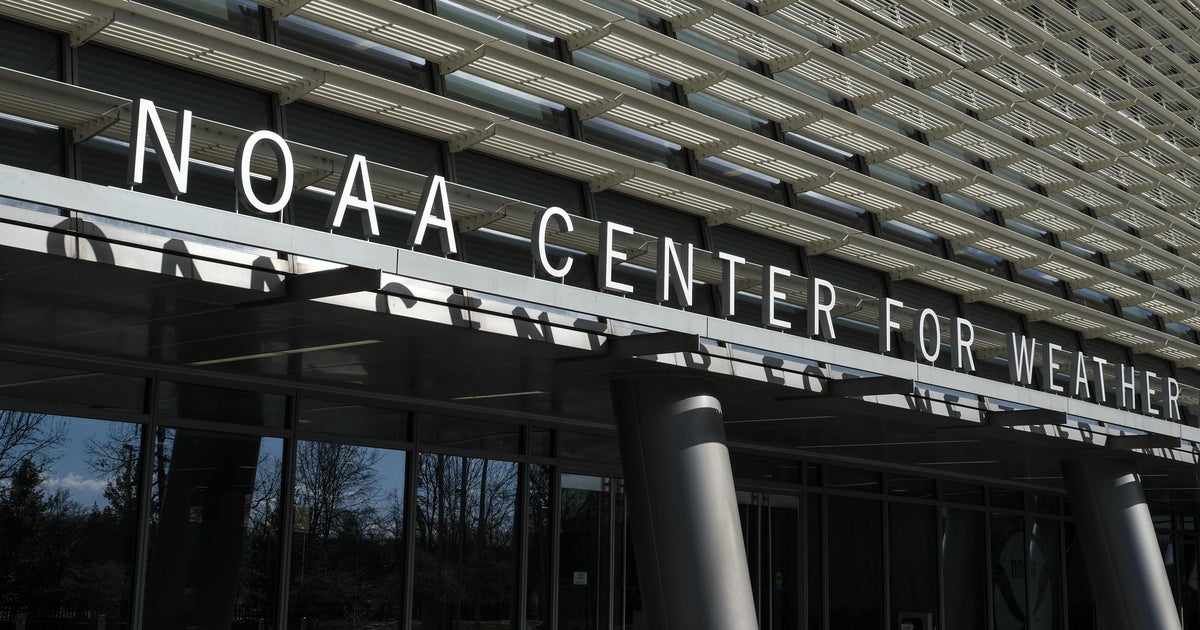
Hundreds of NOAA employees laid off in latest cuts to federal workforce
Denver paid people to bike in ‘a fascinating psychological experiment.’ Here’s what 6 riders learned
"The program was funded through the Climate Protection Fund sales tax voters approved in 2020...Of the three groups, those paid $1 per mile ended up biking the most number of miles. Those who received both training and $1 per mile experienced the most long-term changes in commuting behavior. "
https://denverite.com/2025/02/05/denver-paid-to-bike-experiment/
How Metro and Caltrans are Making California Fires Worse
"Some people think that Metro is just buses and trains. It's not. While operating transit, Metro is also actively expanding freeways. A recent Metro report found that, on the whole, Metro projects and programs are increasing emissions. Metro freeway expansions greatly increase greenhouse gas emissions - much more than any decrease from all of Metro's bus and rail projects combined."
Hottest year ever in Indiana

Earth roasts through its second consecutive hottest year on record » Yale Climate Connections

How Cities Are Clamping Down on Traffic to Help Fight Emissions
"Dublin joined a flock of global cities that have banned or limited vehicle traffic on a regular basis. Amsterdam, Paris, Barcelona, Birmingham, England, Brussels, Helsinki, and Copenhagen are among a growing list of places that are addressing congestion and encouraging motorists to walk, bike and use transit."
#CarsRuinEverything #ClimateChange

How Cities Are Clamping Down on Traffic to Help Fight Emissions
Sahara will get well over 500% of normal monthly rainfall in September.
"The values are on the magnitude of 5-8x over the normal values, making this event in the range of roughly once in several thousand years...a large part of the Saharan desert will experience a widespread rainfall anomaly in the coming two weeks, and likely deeper into September."
When will climate change turn life in the U.S. upside down?
"We are now ready to start our way down the Great Unknown. We have an unknown distance yet to run, an unknown river to explore. What falls there are, we know not; what rocks beset the channel, we know not; what walls rise over the river, we know not. Ah, well! We may conjecture many things."

When will climate change turn life in the U.S. upside down? » Yale Climate Connections
If all flights of less than 1,000 miles were moved to rail, there would be a 5.6% reduction in emissions but only 0.17% of journeys would be affected.
"Less than 3% of our trips are responsible for around 60% of miles and 70% of emissions shows how important long-distance travel is in the fight to combat climate change."
The study only covers the UK, so I wonder if numbers for the USA would be similar.

True scale of carbon impact from long-distance travel revealed
Record-breaking heat in the Atlantic could fuel an unusually active hurricane season.
"Although record-setting sea surface temperatures alone don’t guarantee a busy #hurricane season, they do strongly influence it, especially when the abnormal warmth coincides with the tropical belt known as the Main Development Region, or MDR, the area where 85% of Category 3, 4, and 5 hurricanes form."

What you need to know about record-breaking heat in the Atlantic » Yale Climate Connections
Solar Panels Attract Tornadoes, and Other Facebook Wisdom
"In rural Carrol County, Indiana last week, I happened to listen in briefly on remarks at a County Commission meeting discussing wind and solar energy.
As familiar as I am with the entire range of bogus anti-clean energy talking points, I did hear a new one.
“Solar panels attract tornadoes.”
#ClimateChange #Solar #CarrolCounty
🤨 I don't understand this. By the end of the century the southwest will be virtually uninhabitable. Why would people be moving there?
#ClimateChange #PopulationControl
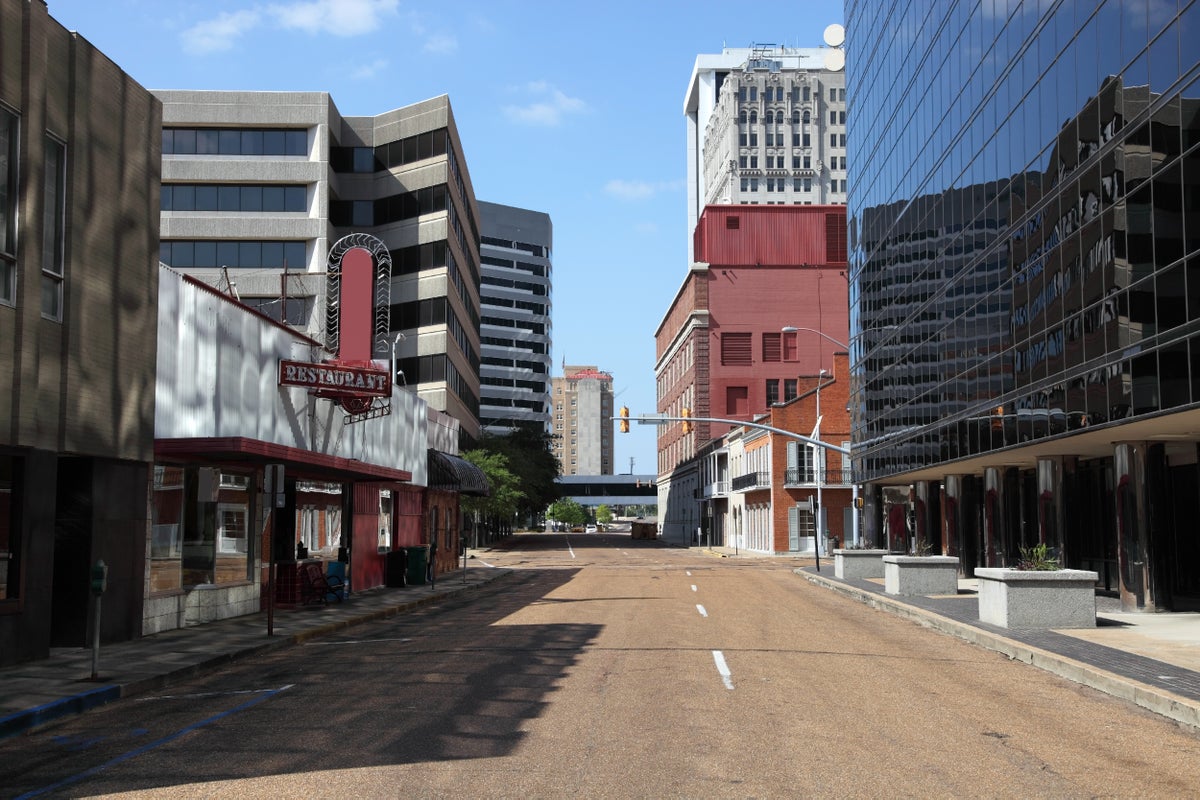
Thousands of U.S. Cities Could Become Virtual Ghost Towns by 2100
Welcome to This is Not Cool
Climate Denial Crock of the Week rebrands with a new look.
2023 smashes record for world’s hottest year by huge margin
Prof Andrew Dessler, at Texas A&M University in the US, said the record set in 2023 was not surprising: “Every year for the rest of your life will be one of the hottest [on] record. This in turn means that 2023 will end up being one of the coldest years of this century. Enjoy it while it lasts.”
A new regional alliance, Project 46, named for the state highway linking Bartholomew, Brown, and Monroe counties, will attempt to address climate change.
(I think a good first step might be to replace the highway with a passenger train)
Great Lakes reach record lowest ice extent for this time in the season
On Feb. 13, the combined ice cover across the Great Lakes was 7.3%, breaking the old record from 2002. The historical average for ice cover season-to-date is 40%.
The region is nearing the average peak of ice season, but instead, ice levels are going down due to abnormally warm, near-record air temperatures.
#GreatLakes #ClimateChange #ClimateDiary

Great Lakes reach record lowest ice extent for this time in the season

